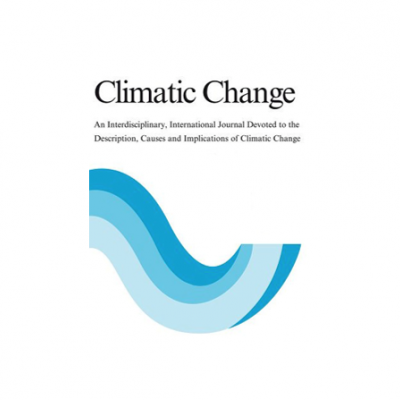July 31, 2020
July 2020 at Policy Integrity
- Policy Victories: The Social Cost of Carbon
- How Deregulation Has Worsened the Pandemic
- Litigation Updates: Auto Emissions Standards, Student Borrowers, Clean Water Protections
- FERC Rejects Petition Threatening Net Metering
- In the News: Activism, Legal Challenges Yield Major Pipeline Setbacks
- New Article on the Social Cost of Carbon
- Commentary: Corporate Governance and Climate, Airline Regulations During Covid-19
- More Comments From This Month
-
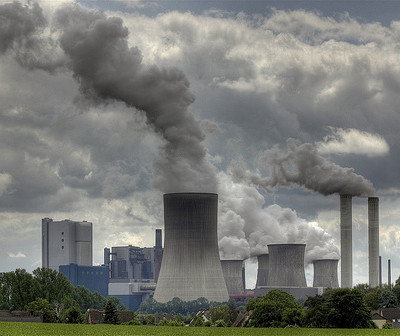
Policy Victories: The Social Cost of Carbon
In July, we scored major victories in our decade-long effort to ensure that federal and state agencies weigh the full value of climate damages. Arguments we have advanced were pivotal in a federal court decision that vacated the Bureau of Land Management’s repeal of an Obama-era rule controlling methane emissions. The court ruled that the agency was wrong to use flawed, "domestic-only" social cost of carbon values instead of global values based on the best available science and economics. The Government Accountability Office came to a similar conclusion, issuing a new report criticizing the Trump administration’s SCC manipulations. At the state level, New Mexico is retiring a coal-fired power plant—and accounted for the SCC in plans to replace its power output with a new portfolio of 100% renewable energy.
-
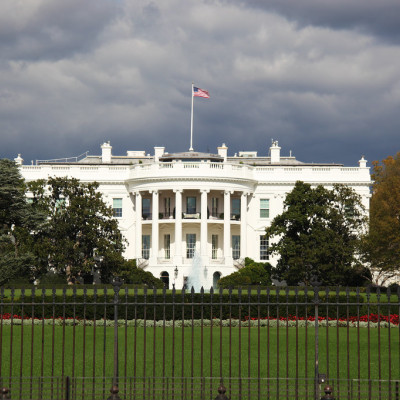
How Deregulation Has Worsened the Pandemic
The failure of the Trump administration to safeguard our health, environment, and economy is not a new phenomenon, but the pandemic has further underscored the dangers of aggressive deregulation. Our new report details how some of the most egregious rollbacks—weakening protections for air quality, workplace and living conditions, and access to healthcare—have exacerbated Covid-19 risk factors and cost lives. The report was discussed in The Washington Post, Huffington Post, and Salon, among other outlets.
-
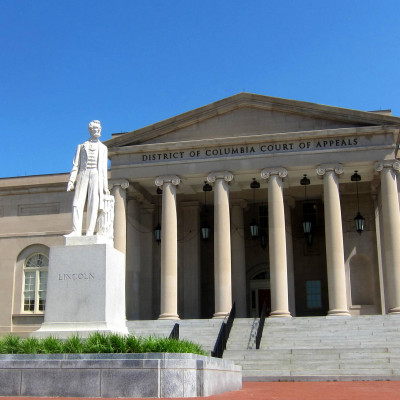
Litigation Updates: Auto Emissions Standards, Student Borrowers, Clean Water Protections
The Environmental Protection Agency last year revoked a waiver allowing California and more than a dozen other states to set auto emissions standards that further restrict greenhouse gases and other harmful air pollutants beyond what is called for under federal regulations. We filed an amicus brief in the D.C. Circuit on the EPA’s unprecedented move. Our brief explains how the EPA overlooks key principles in Section 209(b) of the Clean Air Act, misconstruing the purpose and mechanics of the waiver provision.
We also filed a brief in the Southern District of New York on the Department of Education’s replacement of the Borrower Defense Rule. The new policy makes it much harder for student borrowers who have been defrauded by for-profit colleges to get their loans discharged. Our brief focuses on serious flaws in the Department’s economic analysis.
The EPA and Army Corps of Engineers’ new Navigable Waters Protection Rule considerably restricts the waters and wetlands that are protected under the Clean Water Act. Our latest brief in the District of South Carolina details how the agencies’ analysis obscures the rule’s anticipated harms.
-
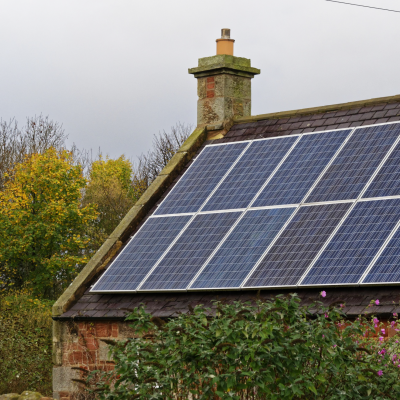
FERC Rejects Petition Threatening Net Metering
The Federal Energy Regulatory Commission unanimously rejected a petition from the New England Ratepayers Association that would have upended net metering programs, which are the most common way for states to compensate owners of solar panels and other distributed energy resources. We submitted public comments that rebutted NERA’s arguments. Justin Gundlach and Dr. Burcin Unel’s piece in Utility Dive further explains how state regulators—not FERC —are best equipped to improve how DER owners are compensated.
-

In the News: Activism, Legal Challenges Yield Major Pipeline Setbacks
Federal courts dealt major setbacks to the controversial Dakota Access and Keystone XL pipelines, and it was announced that two energy companies are abandoning their plans to develop the high-profile Atlantic Coast pipeline. Jayni Hein’s piece in Slate details the context surrounding each decision. She explains that these setbacks can be understood as examples of key environmental laws working well in the face of the Trump administration’s reckless “energy dominance” agenda.
-
New Article on the Social Cost of Carbon
The social cost of carbon and underlying climate-economic models are heavily affected by assumptions made by the modeler and therefore may not reflect the views of most climate economists. Peter Howard and Derek Sylvan published an article in Climatic Change discussing their survey of climate economists, which they used to recalibrate key model parameters. Their results support a significant increase in the social cost of carbon.
-
Commentary: Corporate Governance and Climate, Airline Regulations During Covid-19
Madison Condon published an essay in the Boston Review, adapted from her article in the Washington Law Review, that explores how the asset management industry and shareholder activism have pushed many corporations to improve their climate policies. She explains that while we can celebrate these strides in corporate social responsibility, we should consider the long-term risks of having institutional investors wield so much power.
Max Sarinsky’s piece in Slate highlights one of the most effective steps airlines could take to protect passengers during the pandemic: leave middle seats empty. But the Federal Aviation Administration, Sarinsky notes, has been reluctant to issue any regulations to protect the public from Covid-19, even though it has suspended some regulations on industry during the pandemic. This marks yet another case where the Trump administration appears to be more interested in boosting industry profits than safeguarding the public.
-
More Comments From This Month
We also submitted comments on:

